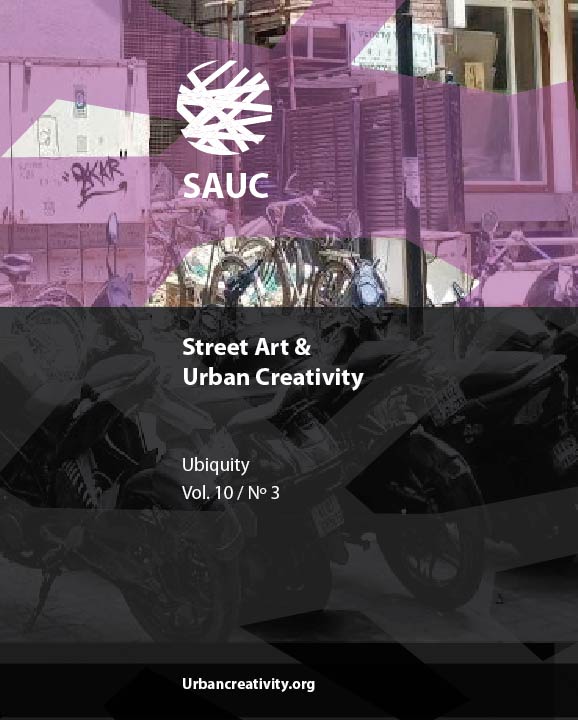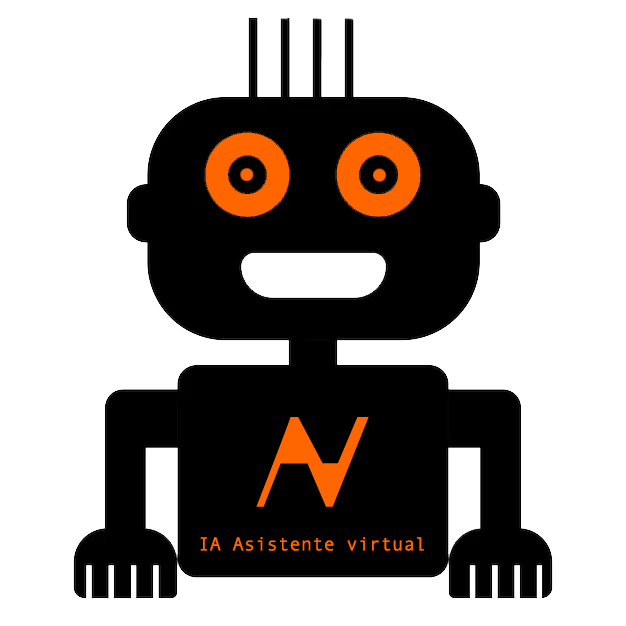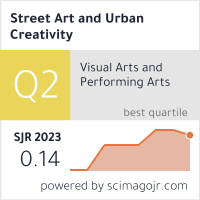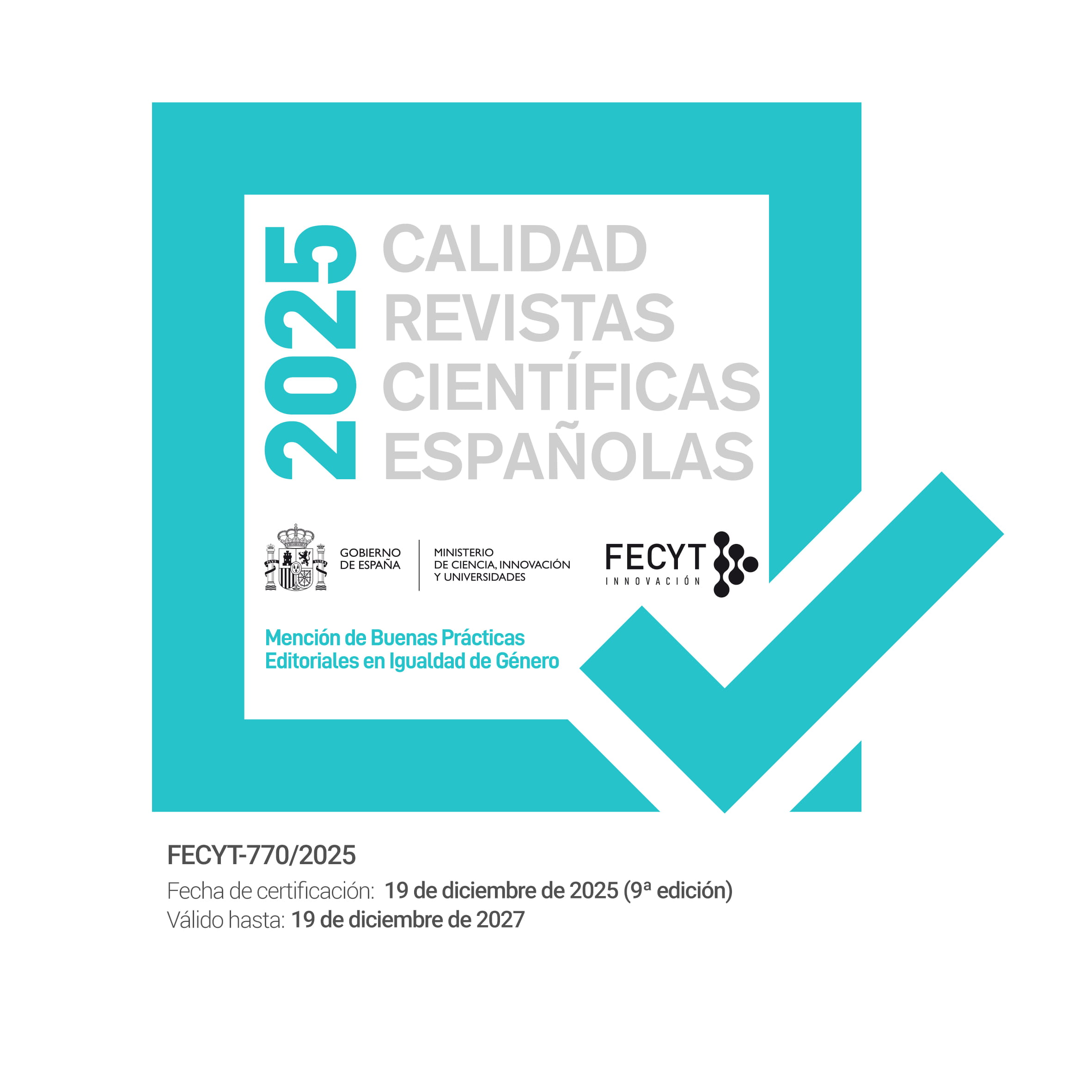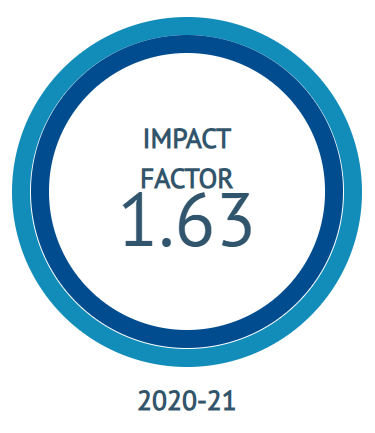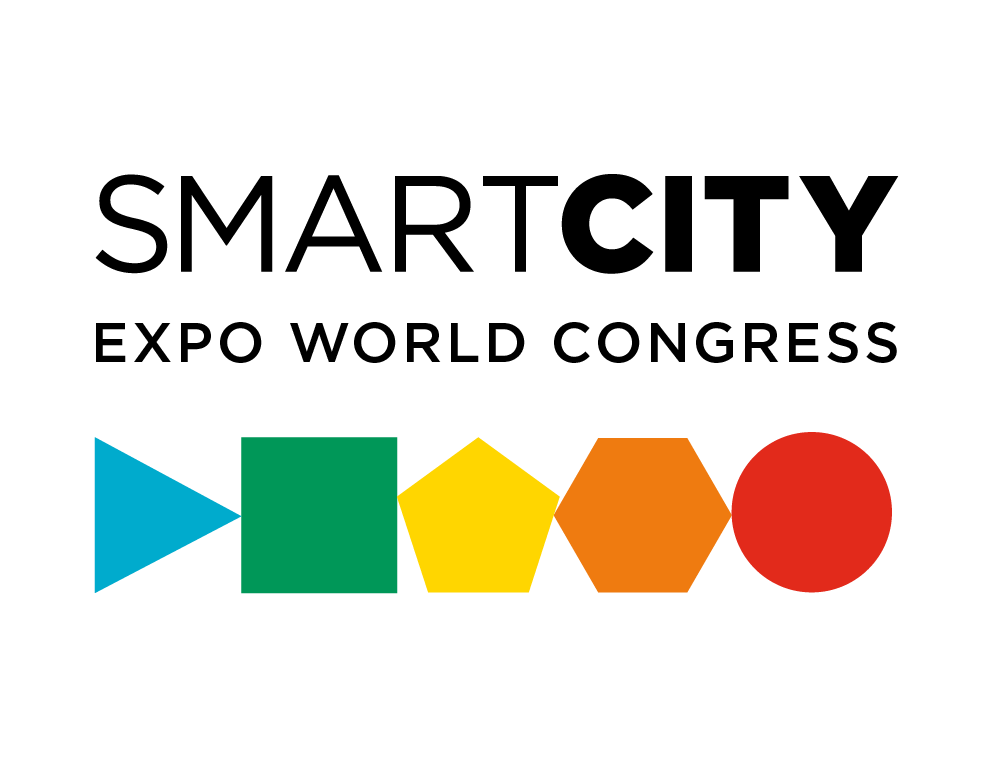Migration and Urban Culture in East Germany. Representing Localities in Birgit Weyhe’s Graphic Novel Madgermanes.
DOI:
https://doi.org/10.25765/sauc.v10i3.984Keywords:
East Berlin, Graphic Novel, Mozambique, urban culture, culture shock, acculturation, migrationAbstract
The representation of the aesthetic and political dimensions of the city in the case of comics as a medium touches on a range of issues, from the relationship between comics and street art as well as the representation of urban space and popular culture as identity-shaping factors. Birgit Weyhe’s graphic novel Madgermanes (2016) shows us a specific historical context: after the construction of the Berlin Wall in 1961, a labor force was also needed in East Berlin, as a result of which the leadership invited cheap manpower from communist-oriented countries such as Vietnam, Cuba, Angola, or Mozambique. A total of around 15,000 guest worker immigrants arrived from the latter country in East Berlin within a decade. Three of them are the protagonists of the examined graphic novel, where their stories of integration difficulties, coping practices about finding a home, and rootlessness are told. In the case of the process of acculturation narrated in the medium of comics, the visual representation focuses on the contrast between cultures and the crisis of identity. In this particular graphic novel, this cultural shock is present through the popular and urban culture of the 1970s and 1980s. In this paper, we examine how this graphic novel intersects representations of locality, everyday life, and urban space with the perceptions and experiences of interculturality and media culture.
Downloads
Global Statistics ℹ️
|
314
Views
|
107
Downloads
|
|
421
Total
|
|
Downloads
Published
How to Cite
Issue
Section
License
Those authors who publish in this journal accept the following terms:
-
Authors retain copyright.
-
Authors transfer to the journal the right of first publication. The journal also owns the publishing rights.
-
All published contents are governed by an Attribution-NoDerivatives 4.0 International License.
Access the informative version and legal text of the license. By virtue of this, third parties are allowed to use what is published as long as they mention the authorship of the work and the first publication in this journal. If you transform the material, you may not distribute the modified work. -
Authors may make other independent and additional contractual arrangements for non-exclusive distribution of the version of the article published in this journal (e.g., inclusion in an institutional repository or publication in a book) as long as they clearly indicate that the work was first published in this journal.
- Authors are allowed and recommended to publish their work on the Internet (for example on institutional and personal websites), following the publication of, and referencing the journal, as this could lead to constructive exchanges and a more extensive and quick circulation of published works (see The Effect of Open Access).

